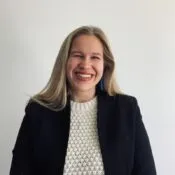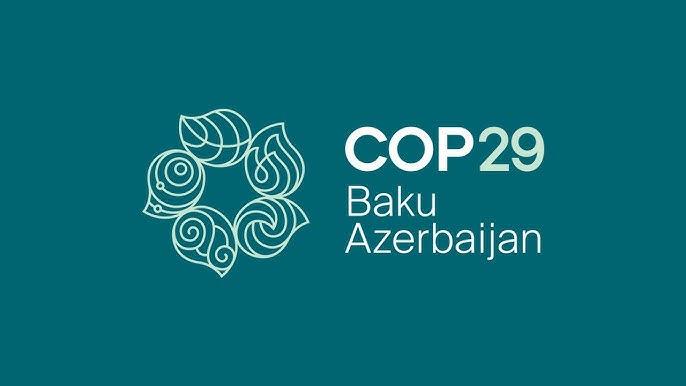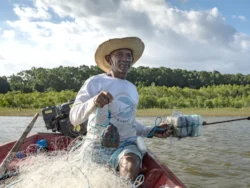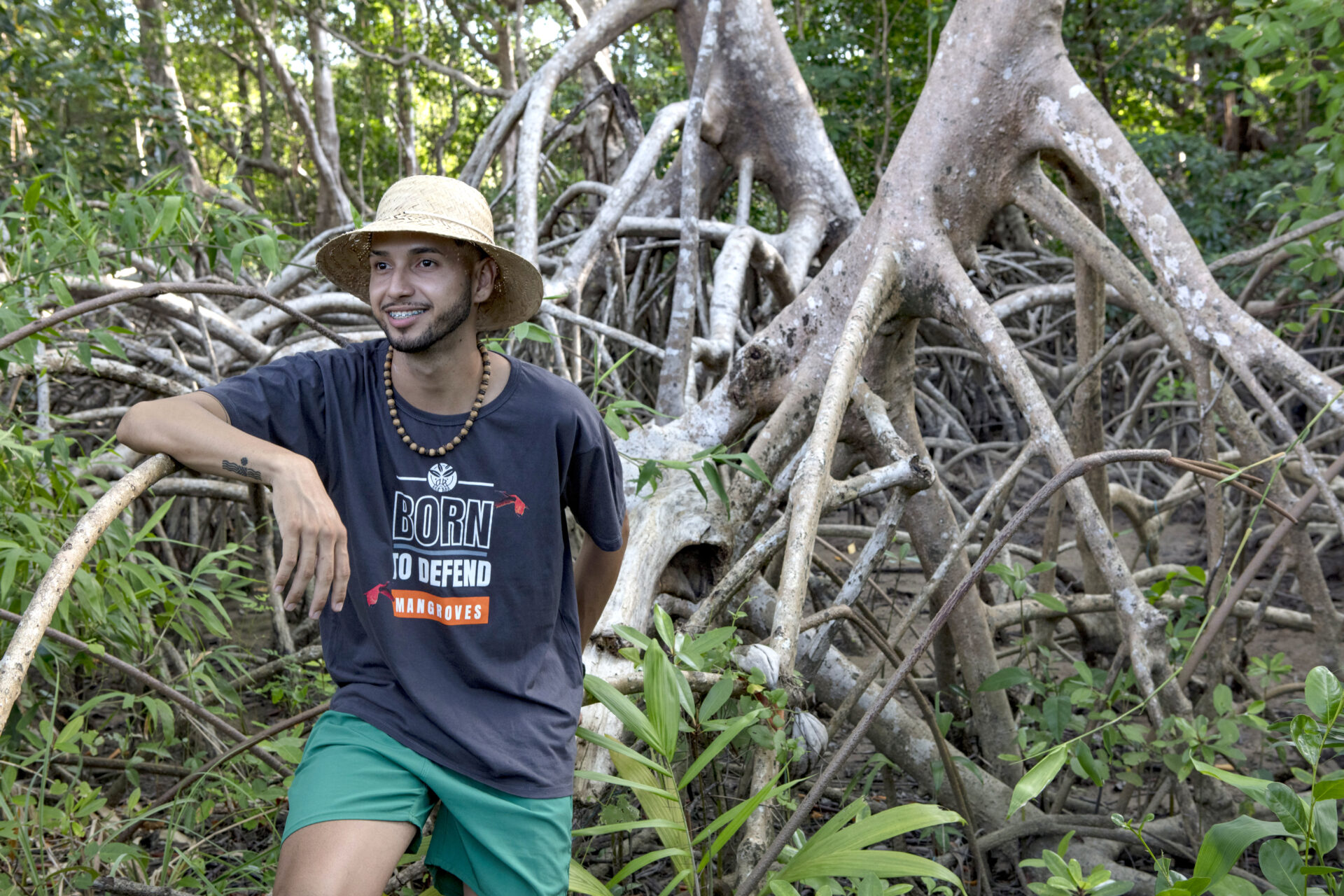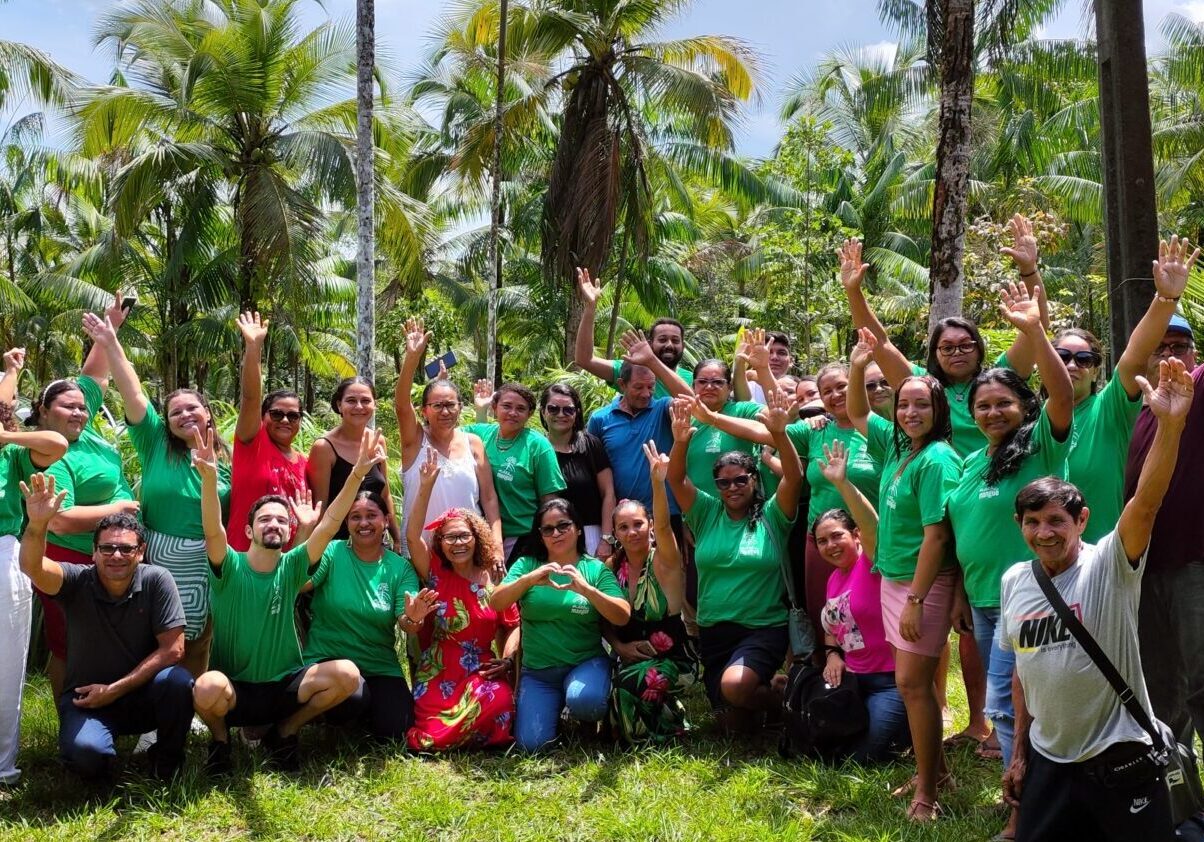2024 United Nations Climate Change Conference (COP29)
Putting people and nature at the heart of climate action and finance
Where to find Rare at COP29
Resources
The third five-year cycle of Nationally Determined Contributions (NDCs), due in 2025, represents a crucial opportunity to scale up global emissions reductions and strengthen the resilience of communities and ecosystems by integrating environmental integrity considerations into NDCs. The second edition of the Nature4Climate coalition’s Guide for Including Nature in NDCs has been developed to assist national policymakers and technical experts involved in the revision and implementation of 2025 NDCs.
Looking Ahead to COP30 in Belem
The next UN Climate Change Conference – COP30 – will be held in Belem, Brazil in 2025. Just a couple hundred kilometers away, communities along Brazil’s Amazon coast are leading the way in protecting mangroves, a vital nature-based solution to climate change. Meet some of the fishers and local leaders with whom Rare has partnered to safeguard mangroves and wildlife, while also meeting the needs of coastal communities. Rare’s Vice President of Brazil Monique Barreto Galvao will be in Baku for COP29. If you would like to connect with her and about COP30, reach out at mgalvao@rare.org.
Rare’s Delegation to COP29

